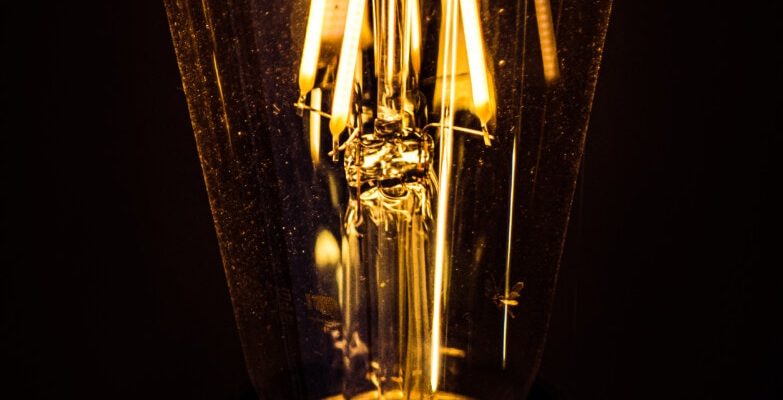By: Jordana Goodman On July 28, 2021, the Device for the Autonomous Bootstrapping of Unified Sentience (“DABUS”) became the first computer to be recognized as a patent inventor. Due to the advocacy of DABUS’s inventor, Dr. Stephen Thaler, the world’s definition of “inventor” has finally fractured – dividing patent regimes between recognition of machine inventorship and lack thereof. This division has sparked many scholarly conversations about inventorship contribution, but none have discussed the implications of a homographic inventorship. This Article addresses the implications of international homographic inventorship – where countries have different notions and rules concerning patent inventorship – and the consequences for failing to understand the divergences that could result in patent invalidation. This Article adds to the literature by addressing Thaler’s tireless inventorship advocacy, highlighting that Thaler uses his position of privilege to argue for inventorship acknowledgement of his machine and simultaneously to relinquish his own inventorship recognition. To emphasize, there is no existing caselaw except the DABUS case where a potential inventor has argued for the acknowledgement of another inventor and simultaneously relinquished their own recognition – whether that unacknowledged inventor was human or not human. Thaler’s advocacy amplifies the need for continued conversation regarding closing the


